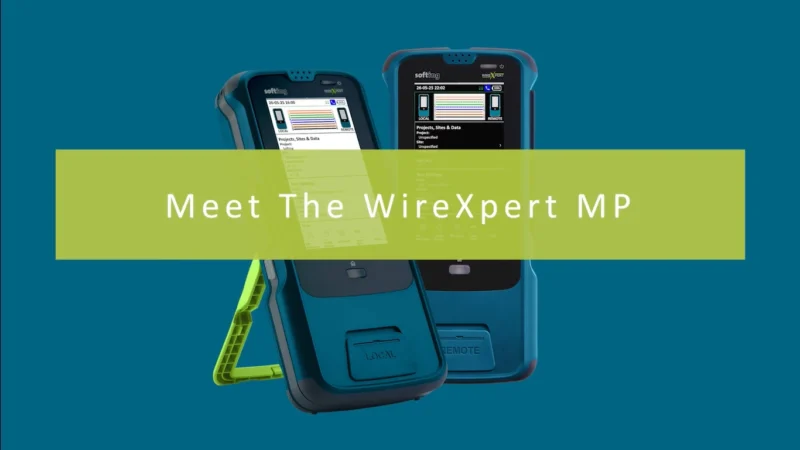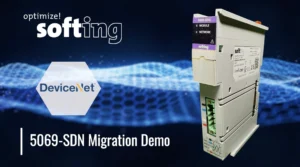T-Mobile Bets on New Remote Work Standard
Remote work has become the norm over the past year, but reopening is on the horizon. With workers flocking back to offices sooner rather than later, will remote work stick around, or was it mostly a passing trend?
On this MarketScale Industry Update, host Hilary Kennedy tackled that loaded question.
A recent study by Growmotely found that 74% of professionals expect remote work to become standard, and 61% of employees prefer being fully remote.
In response to this growing demand, T-Mobile announced new service called WFX (short for “Work from Anywhere”), a Home Office Internet designed to complement customers’ standard home internet with a separate, cellular-based Wi-Fi network.
Working from home presents new challenges, so WFX seeks to solve some of them by providing a reliable, secure connection for business customers to help them stay productive while the rest of the household uses the personal Wi-Fi.
In theory, this means no more slow internet complaints while trying to work as kids or roommates are also trying to stream, game or study at the same time.
WFX will be available to 60 million homes at launch on March 22, which is half the country. As the company continues to expand their 5G network, they hope to cover 90 million homes by 2025.
T-Mobile goes after AT&T and Verizon customers by sweetening the deal: no equipment cost, no service activation fees, and no contracts.
Industry experts note that there isn’t nearly enough competition in this space, and mobile users or those who need a lot of mobile hotspot data are still waiting for something equally robust to benefit them.
*Bloomberg contributed to this content.
Follow us on social media for the latest updates in B2B!
Twitter – @MarketScale
Facebook – facebook.com/marketscale
LinkedIn – linkedin.com/company/marketscale









